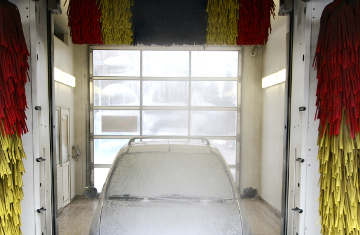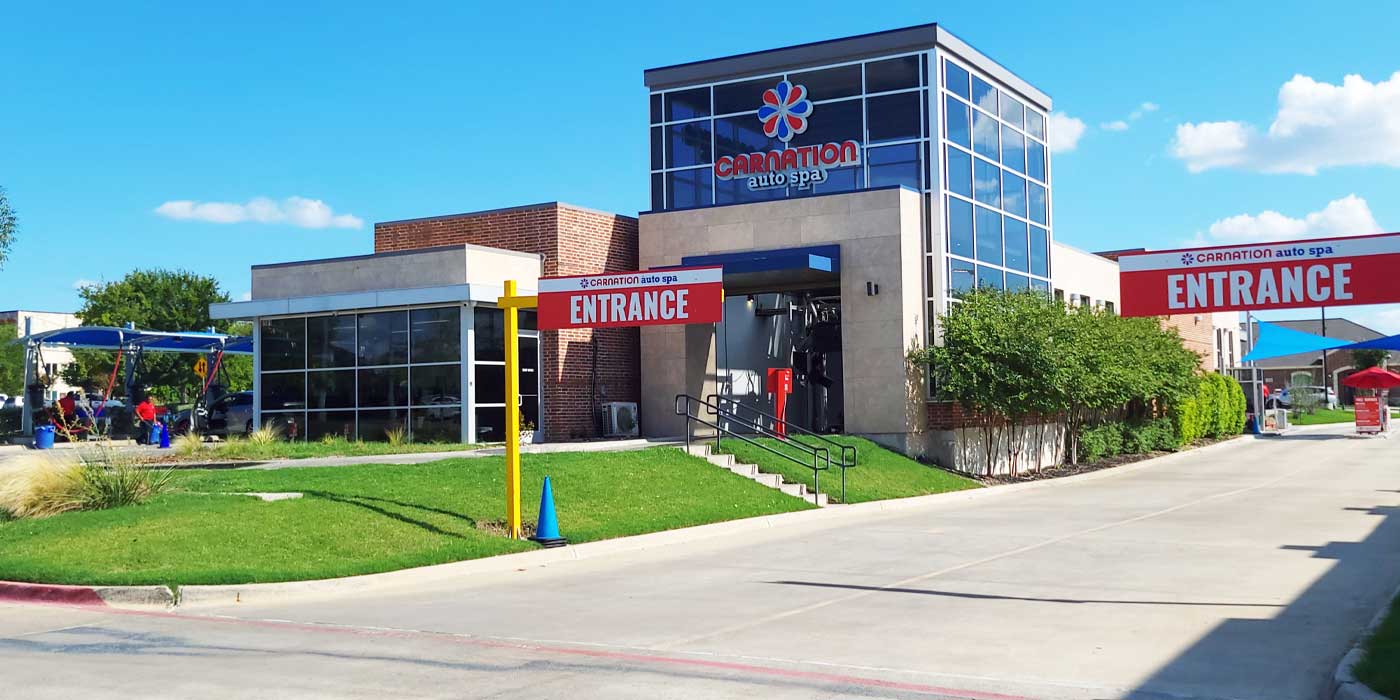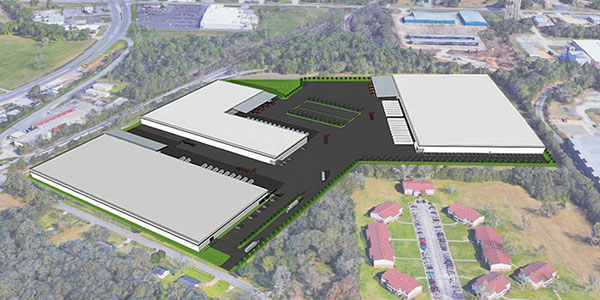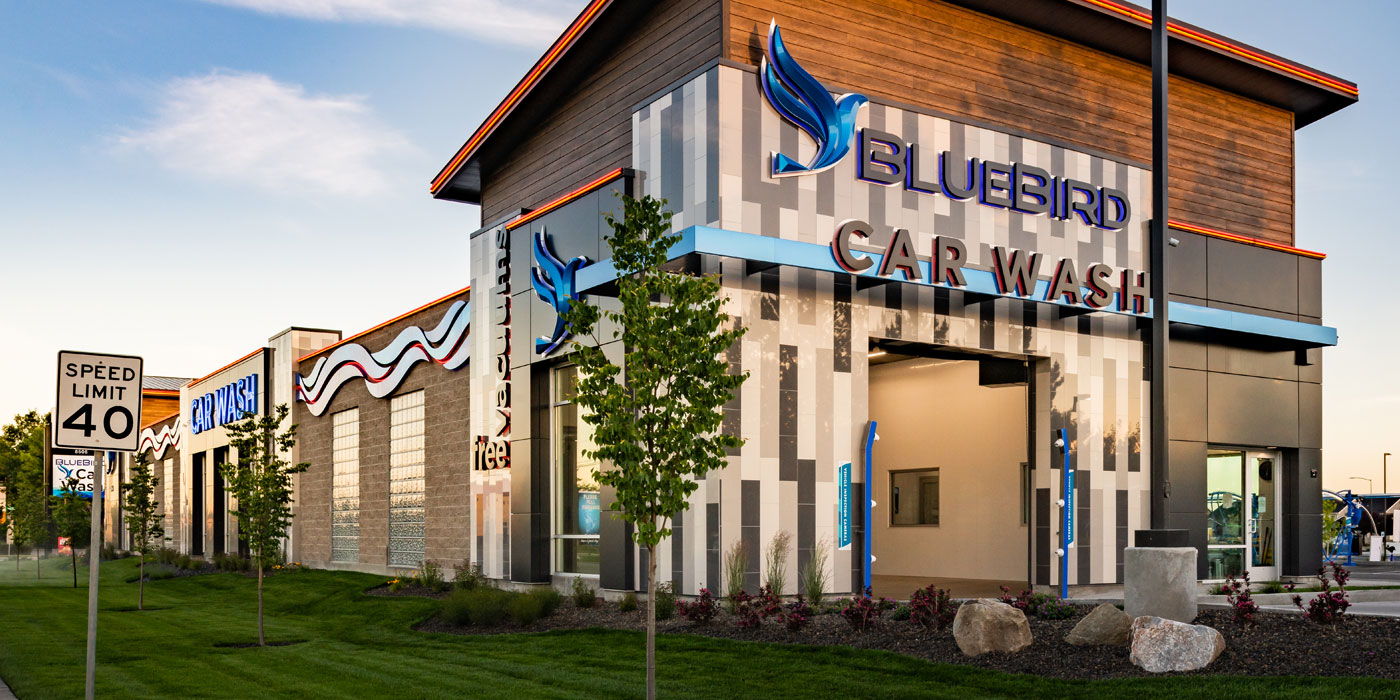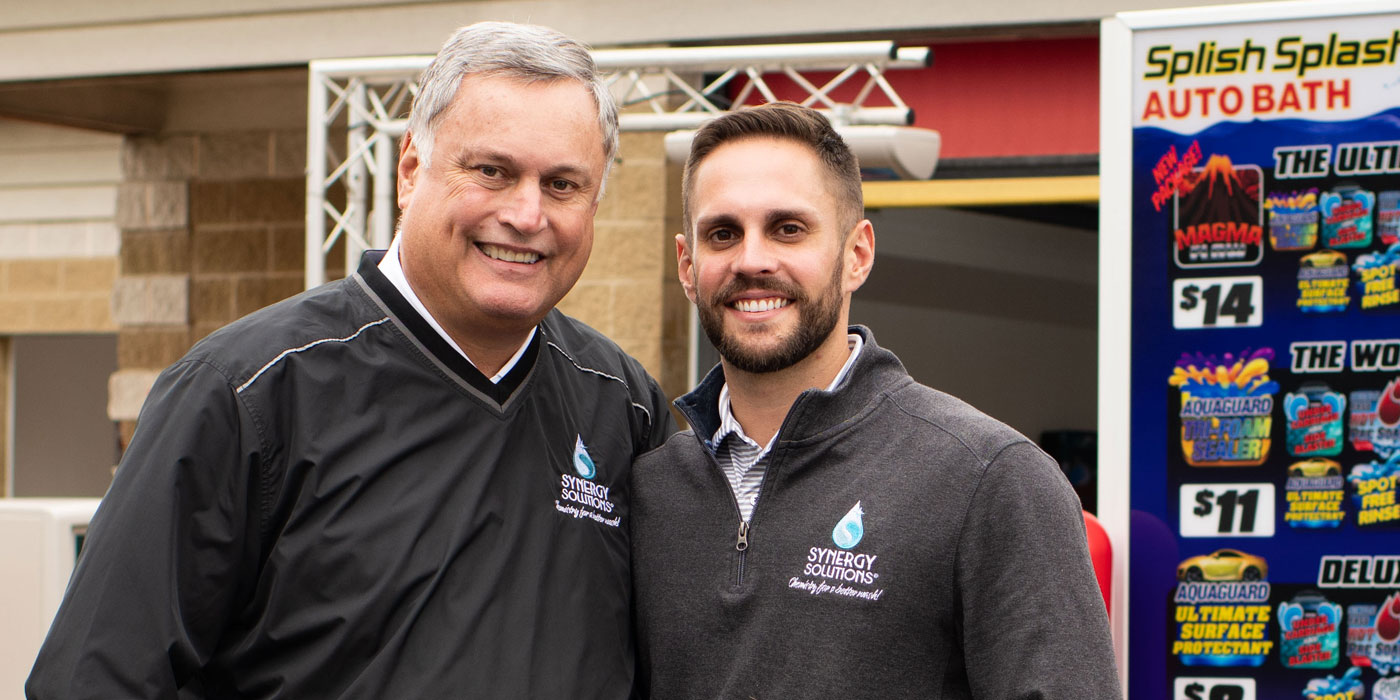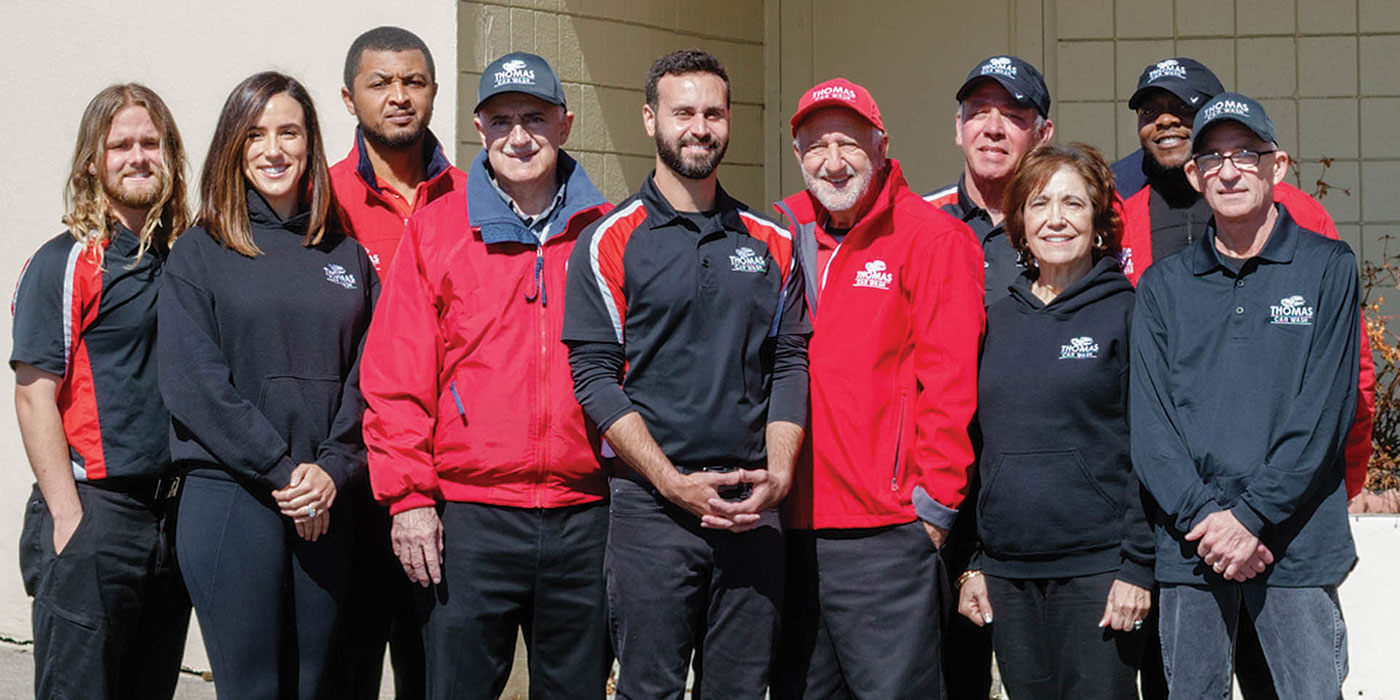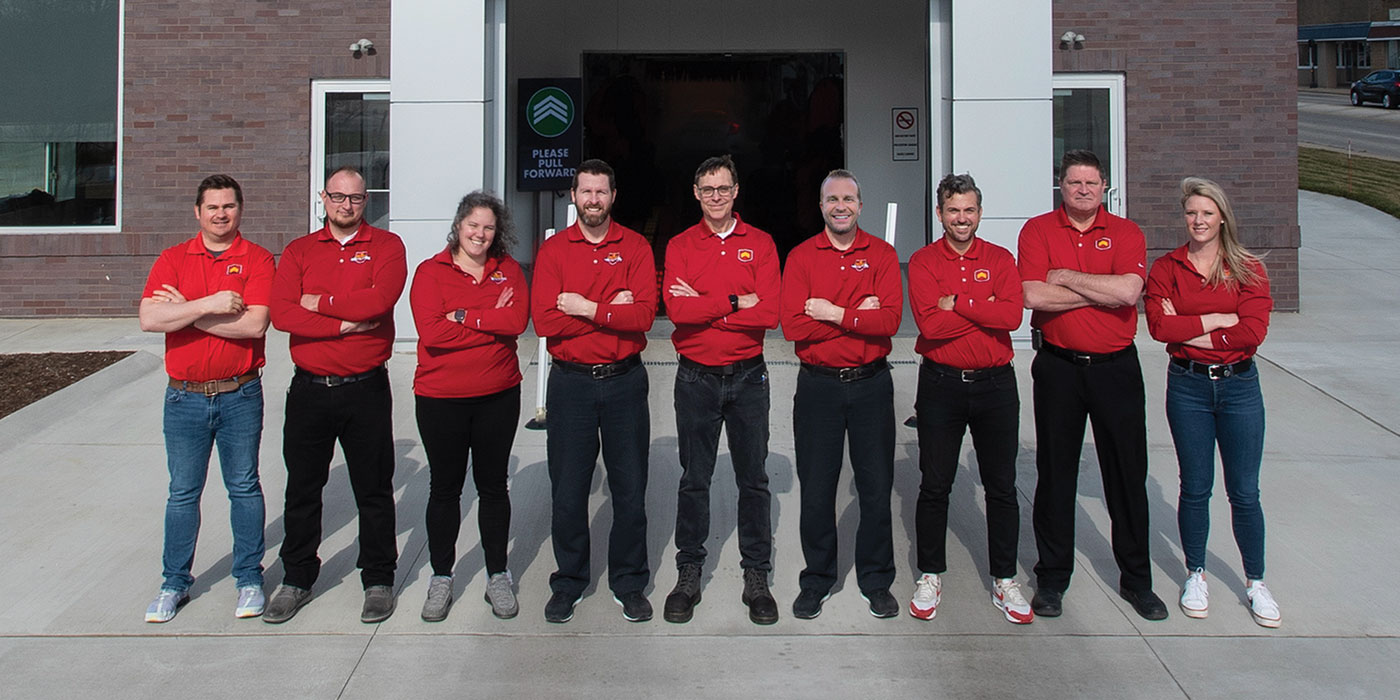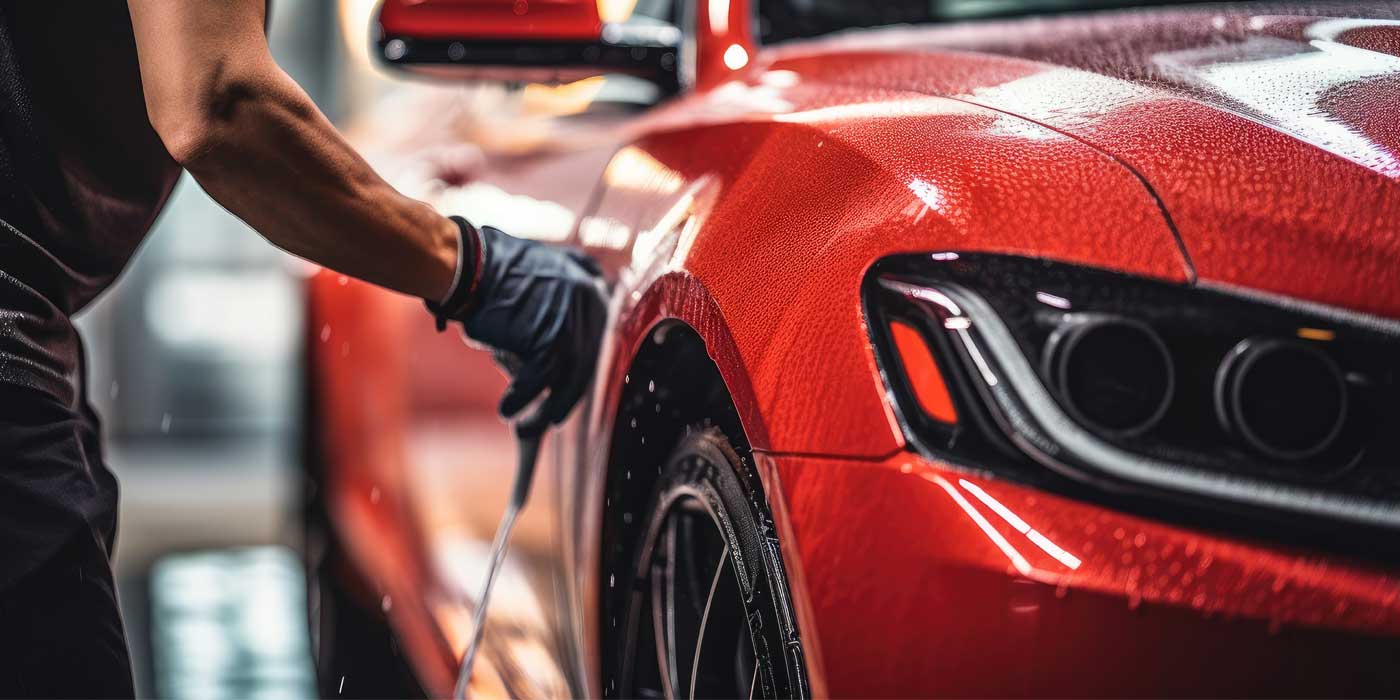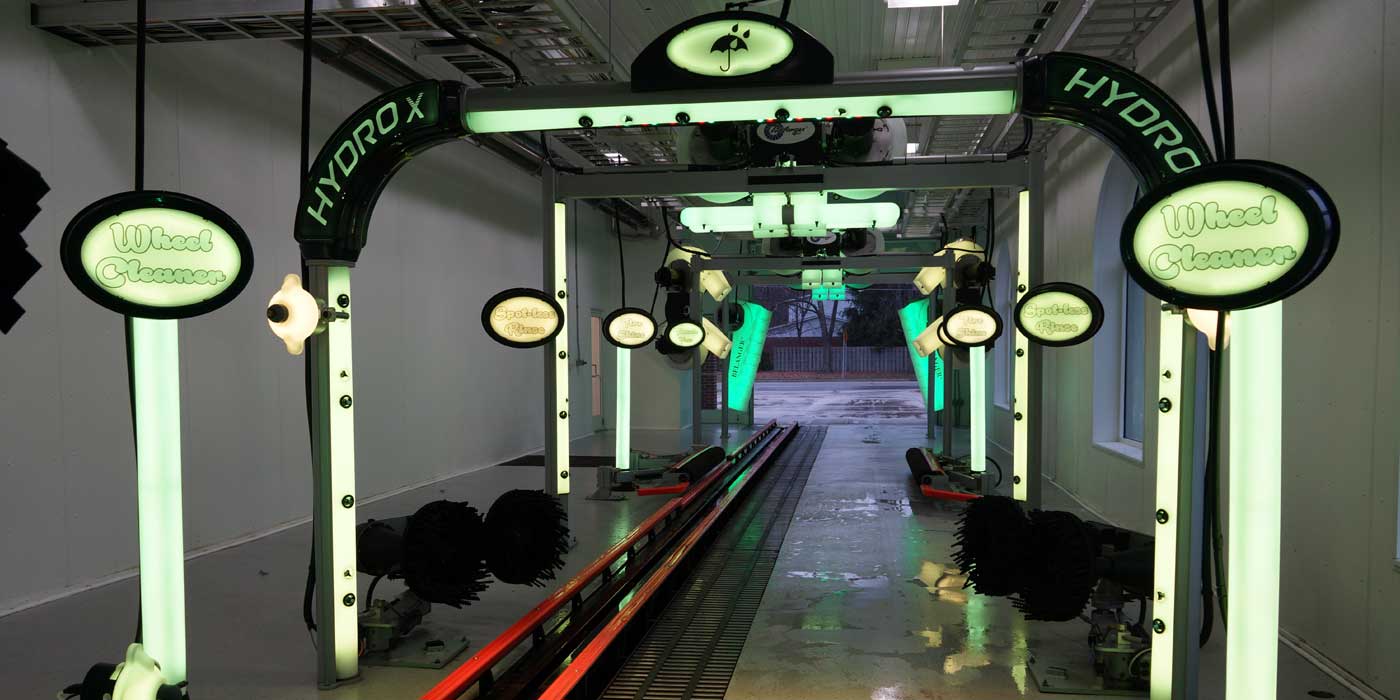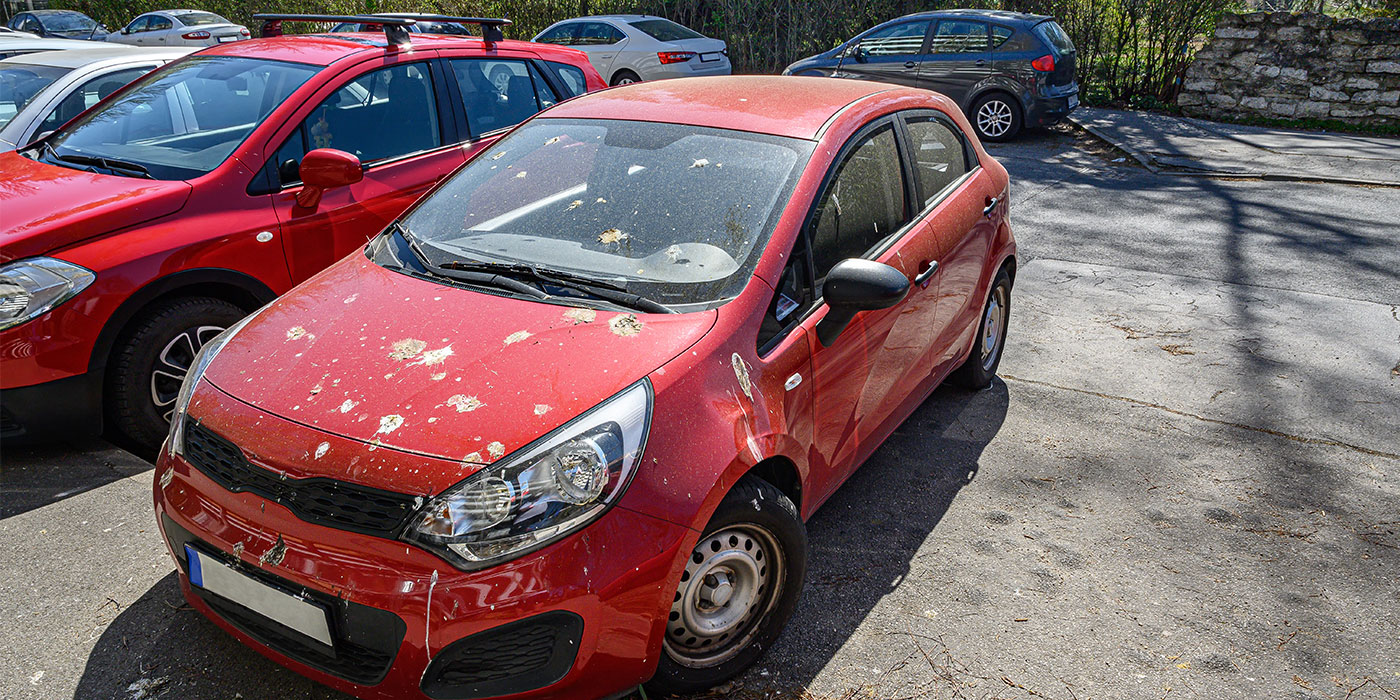The typical express tunnel wash. To the uninitiated, the process may look like a confusing, soapy mess. To industry insiders, it's an operation of precision … a delicate, delightful dance.
Spigots spew pre-soak and bubbling soap; spinning brushes provide automated elbow work. Arches emit rinse water and protectant while applicators add shine to rotating tires. Sleeping dryers awake, blowing a blustery wind to remove the final spot-free rinse.
From payment to exit, the entire process is measured, timed and regulated by the carwash controller. "You can look at the controller as the spinal cord of the carwash tunnel," Joe Fucini with DRB Systems said. "Everything that moves in the tunnel, from the rollers to the equipment, is run by the controller."
Control everything?
Fucini said tunnel controllers were the first computer product introduced into the carwash industry, and the earliest systems debuted 30 to 40 years ago. Since then, controllers have continued to develop and have become more refined. As the systems evolved, they gained the ability to control tunnel equipment with greater and greater precision.
Modern controllers measure the length of a vehicle as it enters the tunnel. Then, the controller uses the figure and the speed of the conveyor to calculate the most efficient time to turn equipment on and off as the vehicle passes. These precise calculations result in tight, "to the inch" control, Fucini stated.
Also, modern controllers determine how quickly vehicles go through the tunnel. Fucini said the system automatically regulates the speed of the conveyor as it works. It will set a carwash's throughput by pacing the rate at which vehicles are sent into the tunnel.
But the controller's job does not end in the tunnel, according to Fucini. The external outputs on a controller can be used to control non-tunnel devices like prep-guns, vacuums, outdoor lights and signs. And controllers can even schedule regular maintenance on tunnel equipment, which ultimately saves an owner money and reduces wash downtime.
Conservation made easy
Jon Simmons, president of AutoPilot Carwash Control Systems, said this precise control of tunnel components can help an operator minimize electrical consumption. In addition, the systems accurately dispense water and chemicals to the vehicle and reduce the amount of water going into the sewer.
"An operator can allow large air dryer motors to stay on longer while the wash is busy as opposed to shutting down and starting up between vehicles, which consumes more electricity," Simmons said.
Fucini agreed saying that today's controllers save operators money by reducing electrical, chemical and water consumption. "The end result is that you use your equipment much more efficiently and are no longer wasting money spraying water and chemicals into empty space," he said.
Internet connections
Simmons said that most controllers today are web-based. This connectivity gives an operator or manager the ability to adjust equipment, chemicals and other tunnel components from anywhere he or she has access to a web browser. Internet connectivity also helps with technical support issues. A tech agent can use the Internet to quickly and easily see how equipment is configured and help the customer with troubleshooting. Additionally, web-based controllers allow for more simplified updates to the system through software enhancements.
Still, there are a number of ways owners and operators can communicate with the controller. Other options include:
- On-site computers;
- Manual control components; and
- Point-of-sale (POS) services.
Some controllers will be connected to an on-site computer where the system can be configured and adjusted, and reports can be obtained. Controllers also have a means to manually control components in case of an emergency, Simmons noted. For instance, if a computer program were to fail, an operator could manually flip override switches to operate the tunnel equipment so a business can still wash cars. "It's not the most efficient manner, but when washing cars is your business, you need to have a way to continue running vehicles through," Simmons said.
Finally, a POS system can, in many cases, be interfaced to the tunnel controller for accountability reasons. Simply put, this connection guarantees that what goes through the wash actually gets paid for in the POS system, according to Simmons.
POS control
In fact, Fucini explained that the "key connection" for a tunnel controller would be connectivity with a computerized POS system. When a tunnel controller is linked to pay stations and cash registers, an operator will achieve an extraordinarily high level of control over the sales process.
"The cash register system is essentially 'controlling the tunnel controller.' Earlier we said that the tunnel controller is like the spinal cord of your conveyor; well to carry this analogy a step further, your POS system is like the 'brain,' since it controls the controller," Fucini said.
First, the controller will not be able to call up the rollers unless it is told to do so by the POS cash register system. A completed sale has to be entered into the system from an automated pay station or a manned register before the tunnel controller gets the green light to call up the rollers and move a car into the wash, according to Fucini.
Also, the tunnel controller will only activate equipment for add-on services like polish wax arches or wheel cleaners if they are included in the sale entered into the cash register system. If a regular wash is input into the system, the polish wax and wheel cleaning equipment cannot be turned on. "This prevents situations where a dishonest employee can sell a regular wash, then 'sell' an upgrade on the side for a discount and pocket the money," Fucini said.
Past and present
Of the companies that first introduced controllers to carwashes, many still make controllers today. Thinking back to when computers entered the industry, Simmons recalled that early controllers were Programmable Logic Control based. These systems replaced items such as "limit switches" or manually controlled devices.
These early controllers could be programmed to more accurately dispense chemicals and water and keep large motors from running unnecessarily. As the software industry has continually advanced, the tunnel controllers have become internet-based for ease of use and "to the inch" accuracy of equipment, Simmons stated.
Controllers have evolved to where an owner or operator can now add functions in banks rather than entire motherboards, Fucini said. A wash can add banks as low as four functions at a time. This flexibility makes it easier to add individual features to a controller without having to get a whole new board. Also, some systems now have individual fused outputs to protect against power surges and shortages.
"So, the controller has a significant impact on the efficiency of a carwash and the quality of the wash it delivers to customers," Fucini noted. "Advances in engineering have also made tunnel controllers more flexible and reliable."

